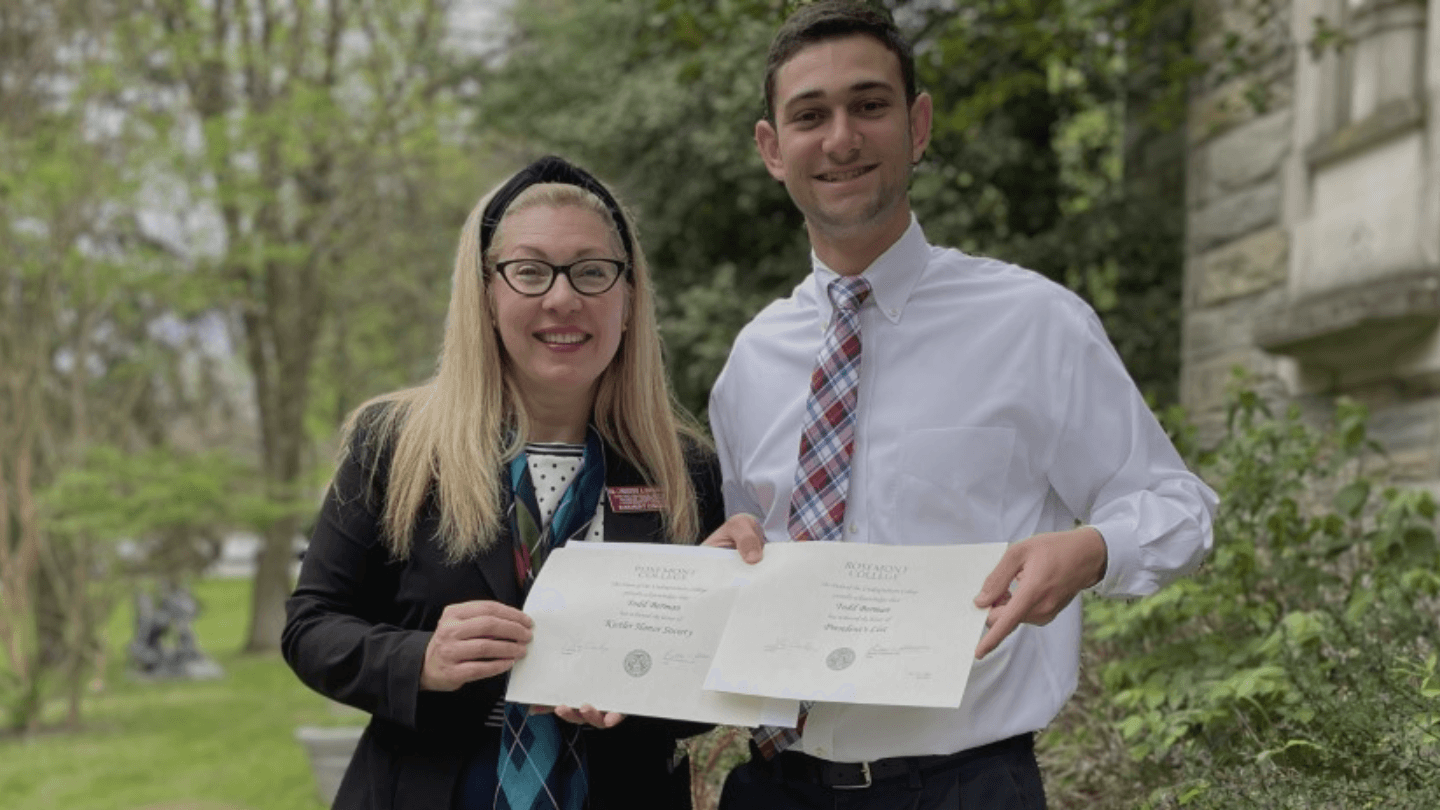
According to current reports, more than 90 percent of recruiters and employers use social media in evaluating job candidates. A single slip-up could cost you an interview, a job, or even a career.
A great first step toward improving your social habits is to take a few minutes to search your name to see what is connected with it. You may be surprised at what you find. If you encounter controversial photos or statements, do everything you can to try to delete the evidence before you start applying for jobs. Snapshots involving alcohol consumption, scant or suggestive clothing, or firearms are all types of oversharing that can be big turnoffs for recruiters and potential employers.
It’s good practice to set all your social profiles to “private’. By tightening up the privacy settings on your accounts, you’ll have a better chance of keeping your personal and private life separate from your potential employers. However, you should never rely 100% on privacy settings. It’s still true that if you really don’t want something to be seen, don’t post it on the internet.
A practical test of your social presence is to go into any job interview, meeting with a recruiter, or touch-base meeting with your manager assuming the other party has just completed a Google search on you.
Top 3 Social Media “Don’ts”
Below are three critical practices to avoid with social media. Think about these with every posting you make and you’ll be on your way to protecting your social media reputation.
Don’t Post Illegal Activities
College years and youth are a time of experimentation for many. But don’t make yourself vulnerable to consequences that can impact the rest of your life. Pictures from last weeks party or pranking event could make you guilty by association. Remember, even if you profile is set to private, friends can download and save incriminating photos that may turn up on a search. Make it a regular habit to review the content that is accessible through your social media profiles so that you can locate and remove potentially incriminating photos before someone else sees them.
Don’t Trash People or Institutions
Posting negative opinions about teachers, colleges, co-workers or other individuals or institutions in general, can come off badly. Remember, everyone in authority has a right to privacy and respect. Plus, you never know who might hold a key to a great opportunity for you, so it’s in your best interest to avoid insulting or hurtful posts entirely.
Did you know that most employment agreements include language that requires employees to uphold the values of the company and avoid damaging the company’s image? Under this clause, negative posts can be used as grounds for firing or not hiring. Before you post, think of how you would feel if the comment you’re about to make was about you. If it would make you uncomfortable or hurt, hold back.
Don’t Post When You’re Feeling Emotional
Although it is human nature to react without fully considering the consequences, learn to take a moment to think before you post. An angry or ill-advised tweet in the heat of the moment can erase all efforts toward establishing a respectable social media presence.
Take a deep breath, count to ten, and then rethink your post. And remember to take one last look to see if the post you’re about to make is really worth it.
Social media is one of the most powerful tools communications tools for job seekers and career building. Use it wisely and reap its benefits.
Thanks for checking in with Knopman Marks! We’re here to help and wish you every success in building your career.
Written by Leigh Yanocha
Leigh Yanocha is an Executive Director and Head of People Strategy at Knopman Marks Financial Training. The employee projects she’s developed, including recruitment, coaching, and team building programs, have set the cultural foundation of the company. Strategic and compassionate, Leigh is constantly pursuing new ways to support the growth of the business and protect its most important resource: people. Outside of work, Leigh is honored to serve as a Board Member of the Hudson County CASA, advocating for foster children. She is also a proud mother of three.
Related posts
- Read more
Why Should I Take the SIE Exam in College?
In the era of asynchronous learning college students are turning to various self-study methods an
- Read more
SIE Scholarship Helps College Students Pursue Dream Careers in Finance
After Rosemont College senior Brandon Lam finished taking his SIE exam, he ran outside to the big
- Read more
Introducing How to Finance: A Beginner’s Guide to the Industry
One of our primary roles as educators is to bridge gaps in knowledge. Our newest course, How to F


